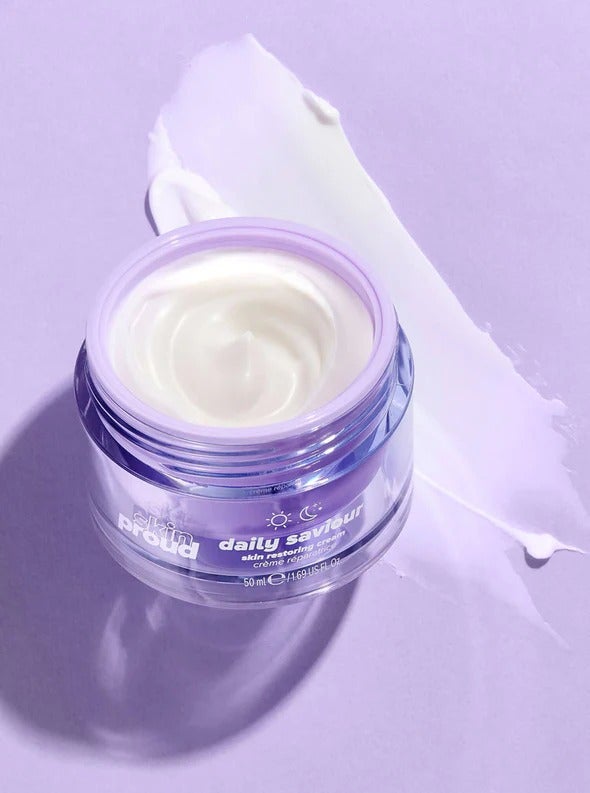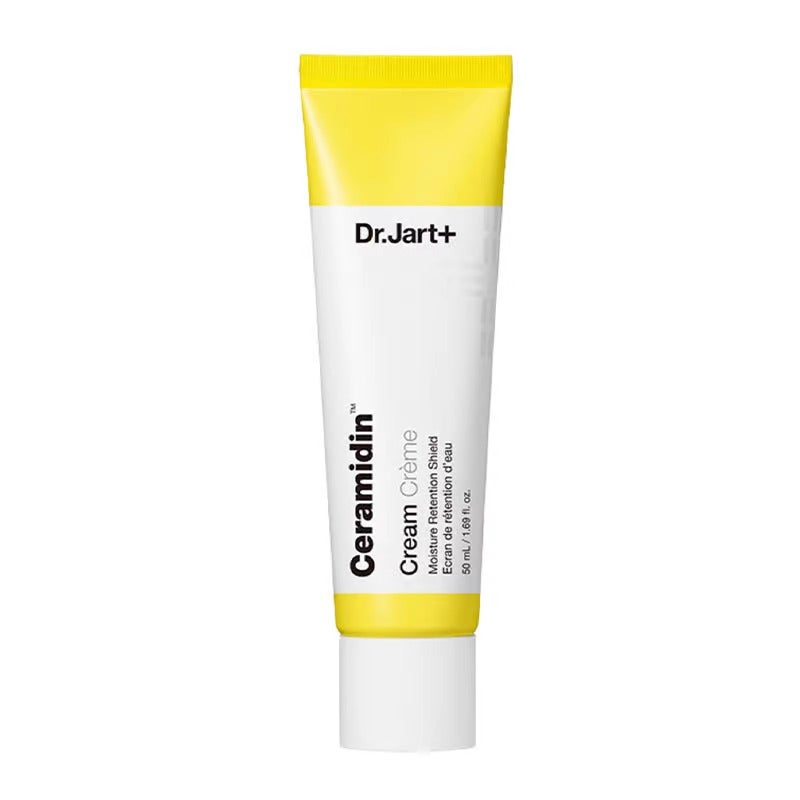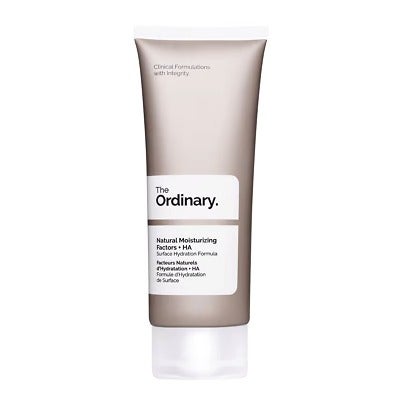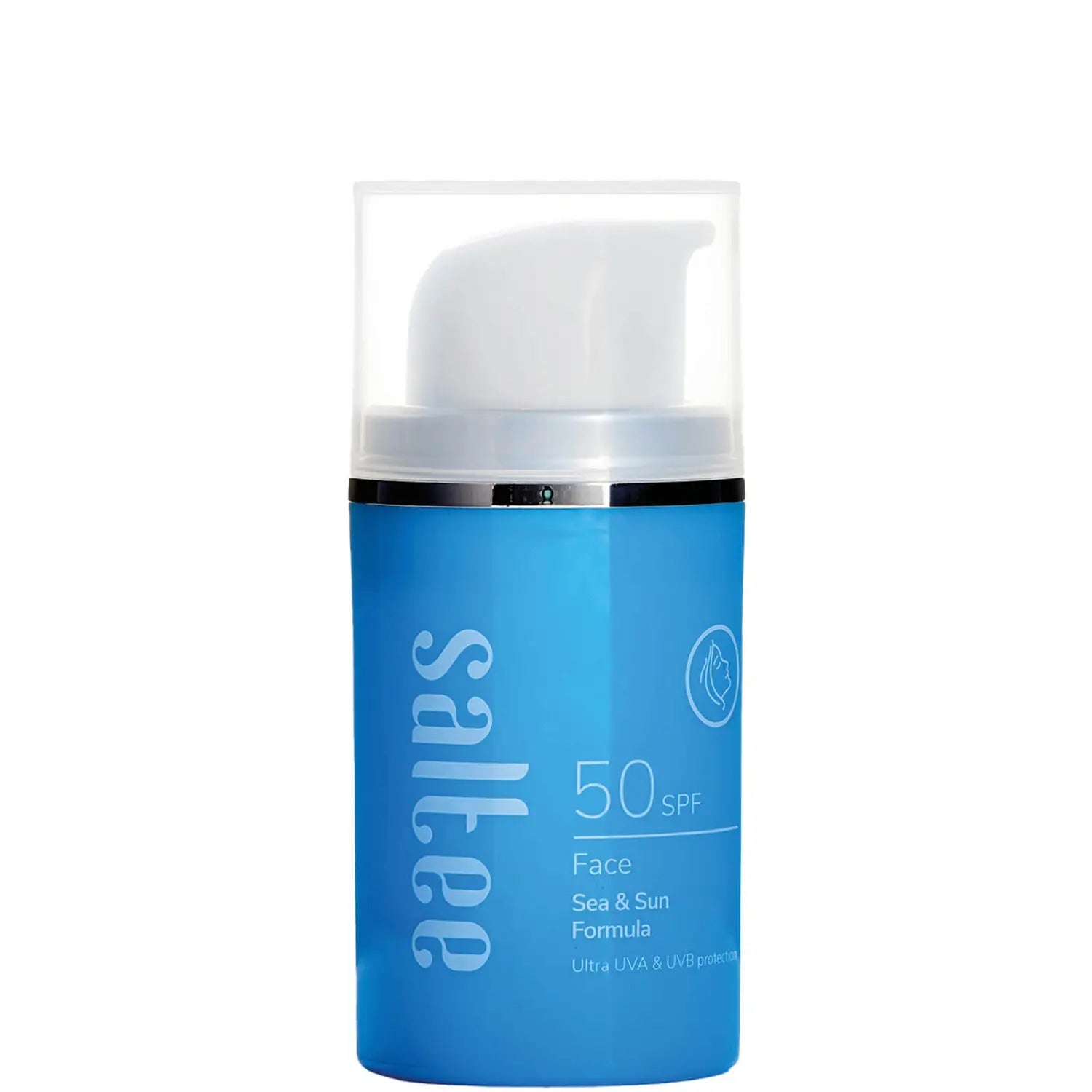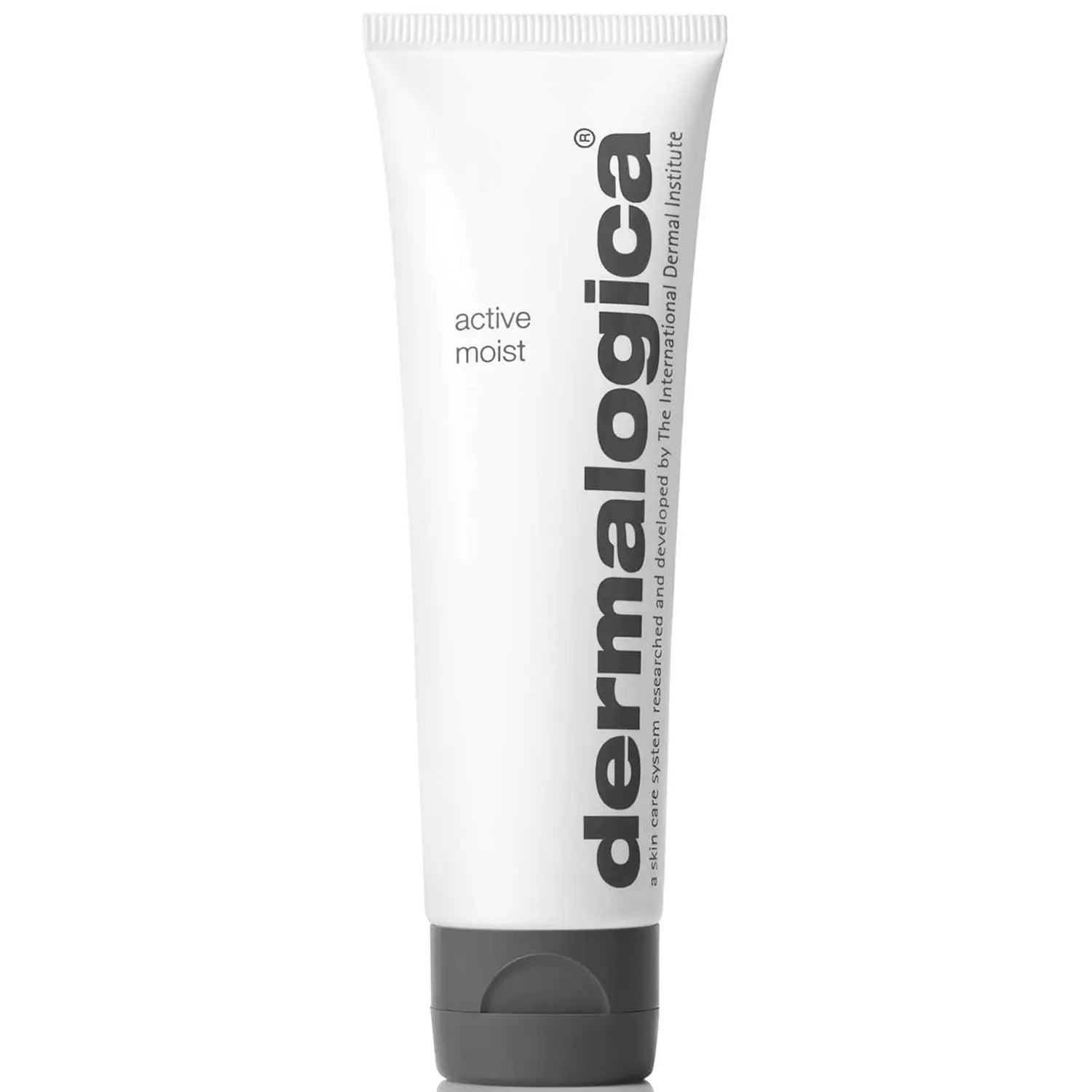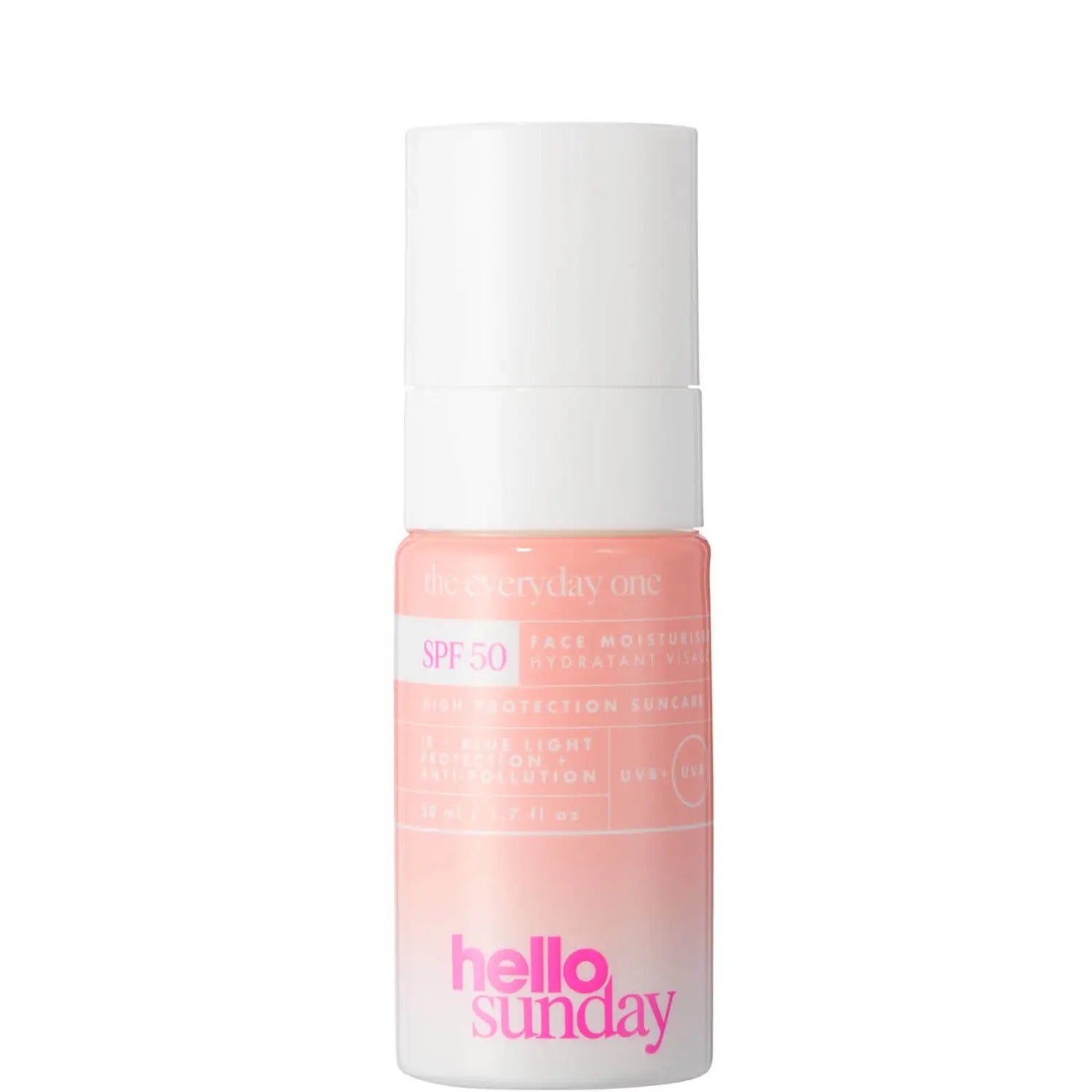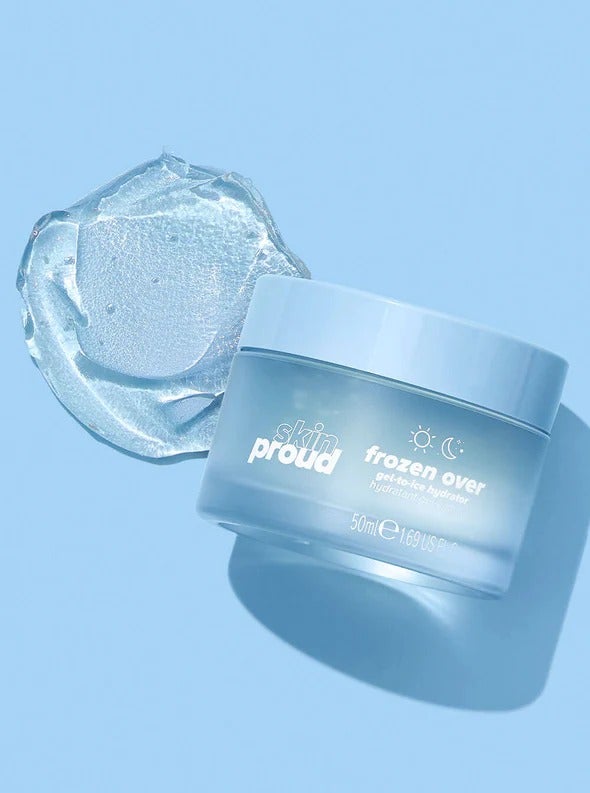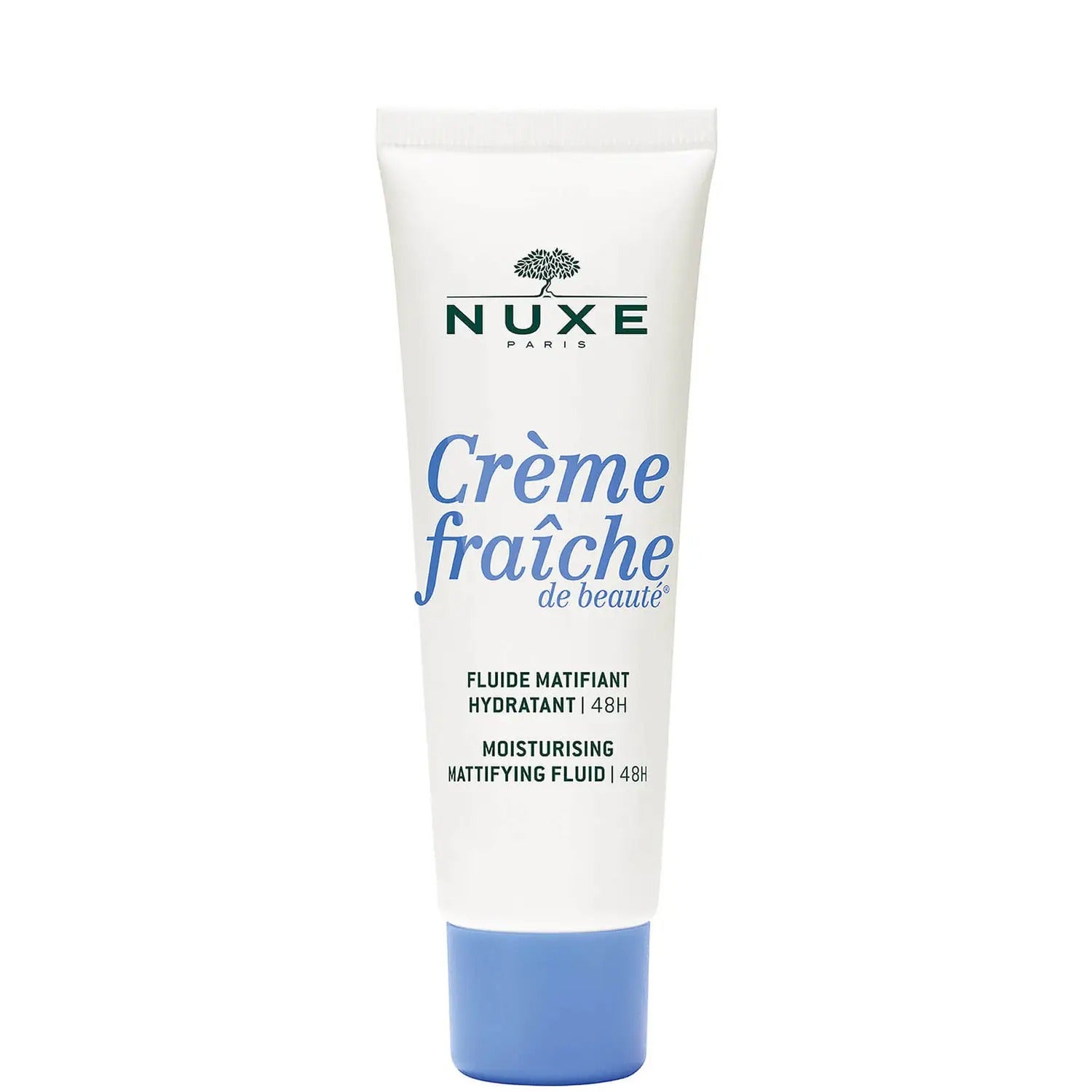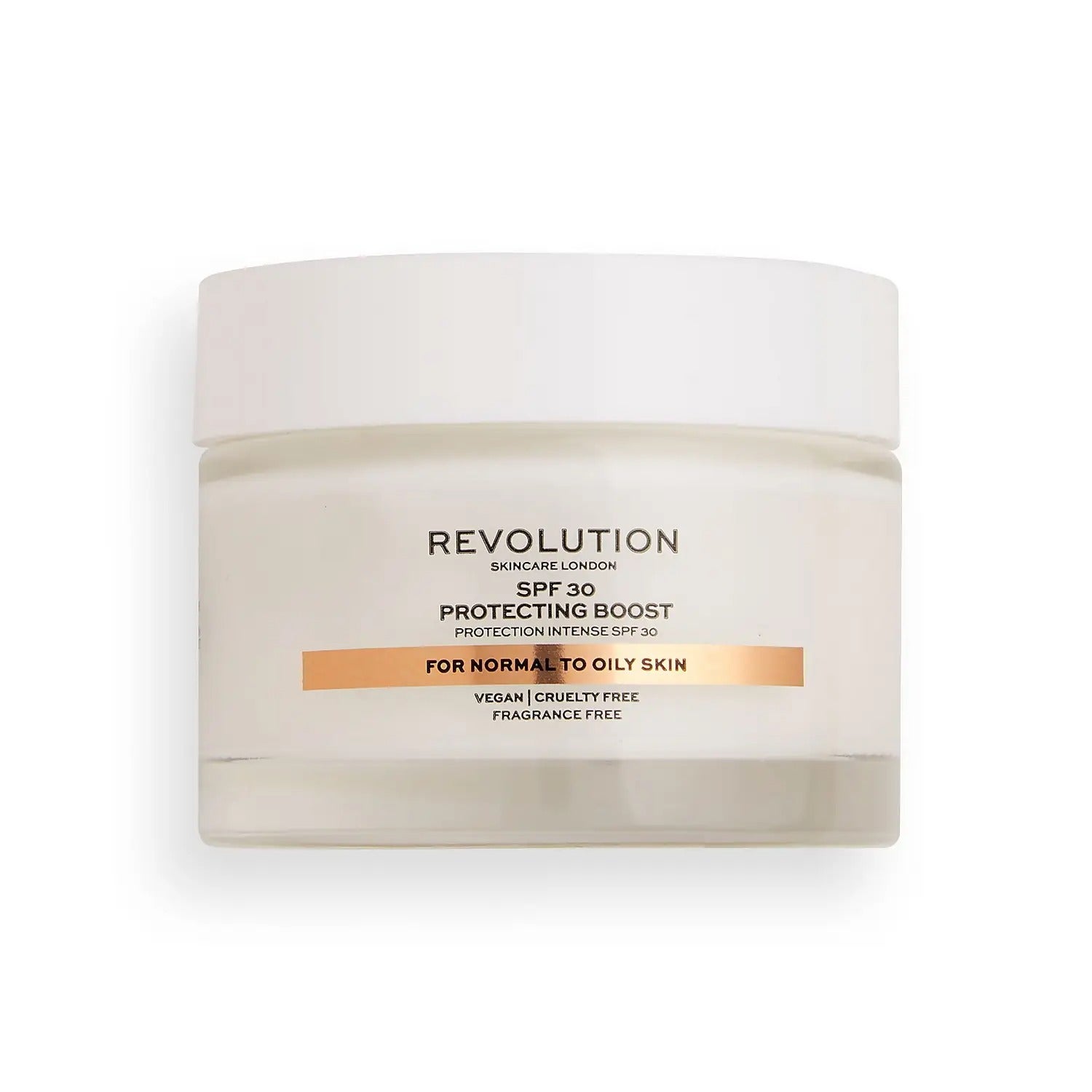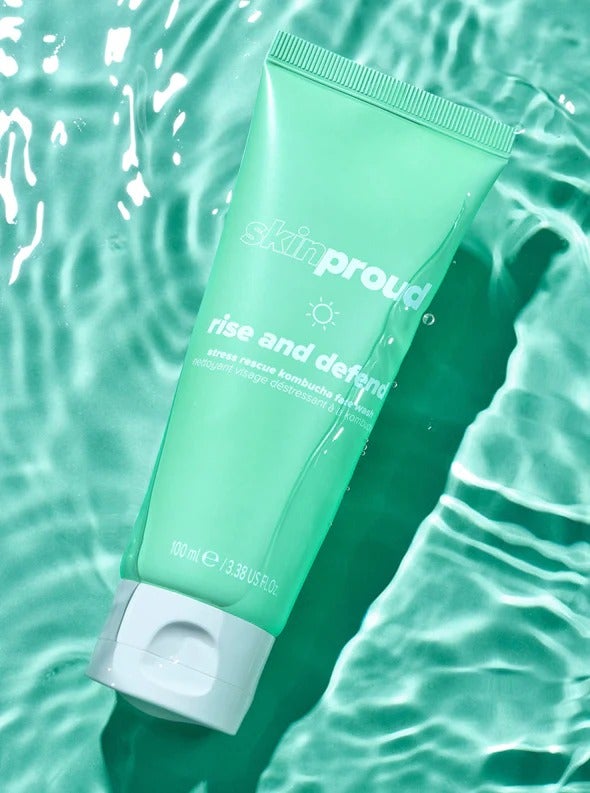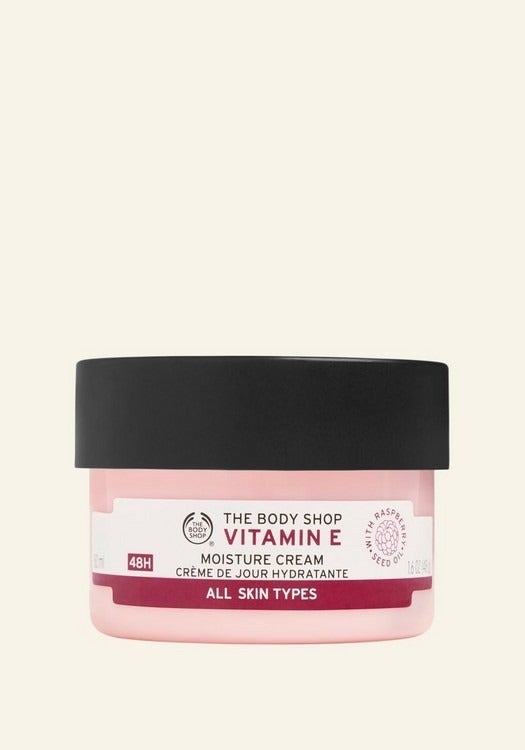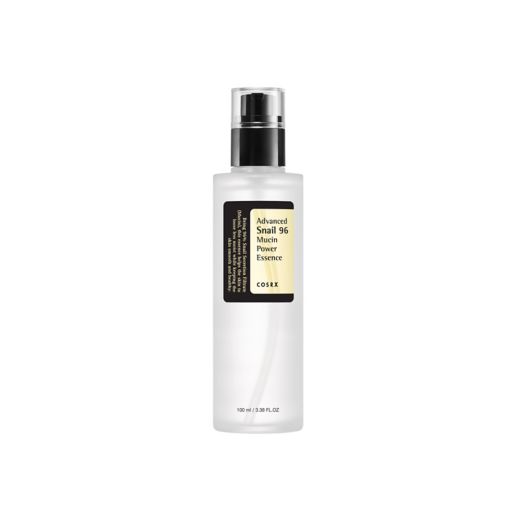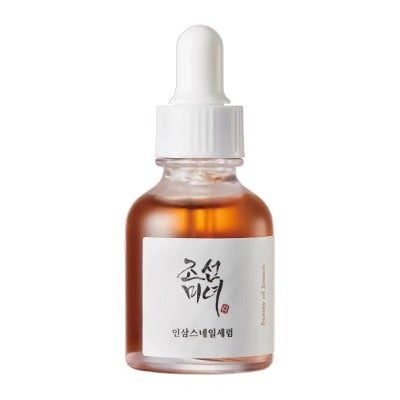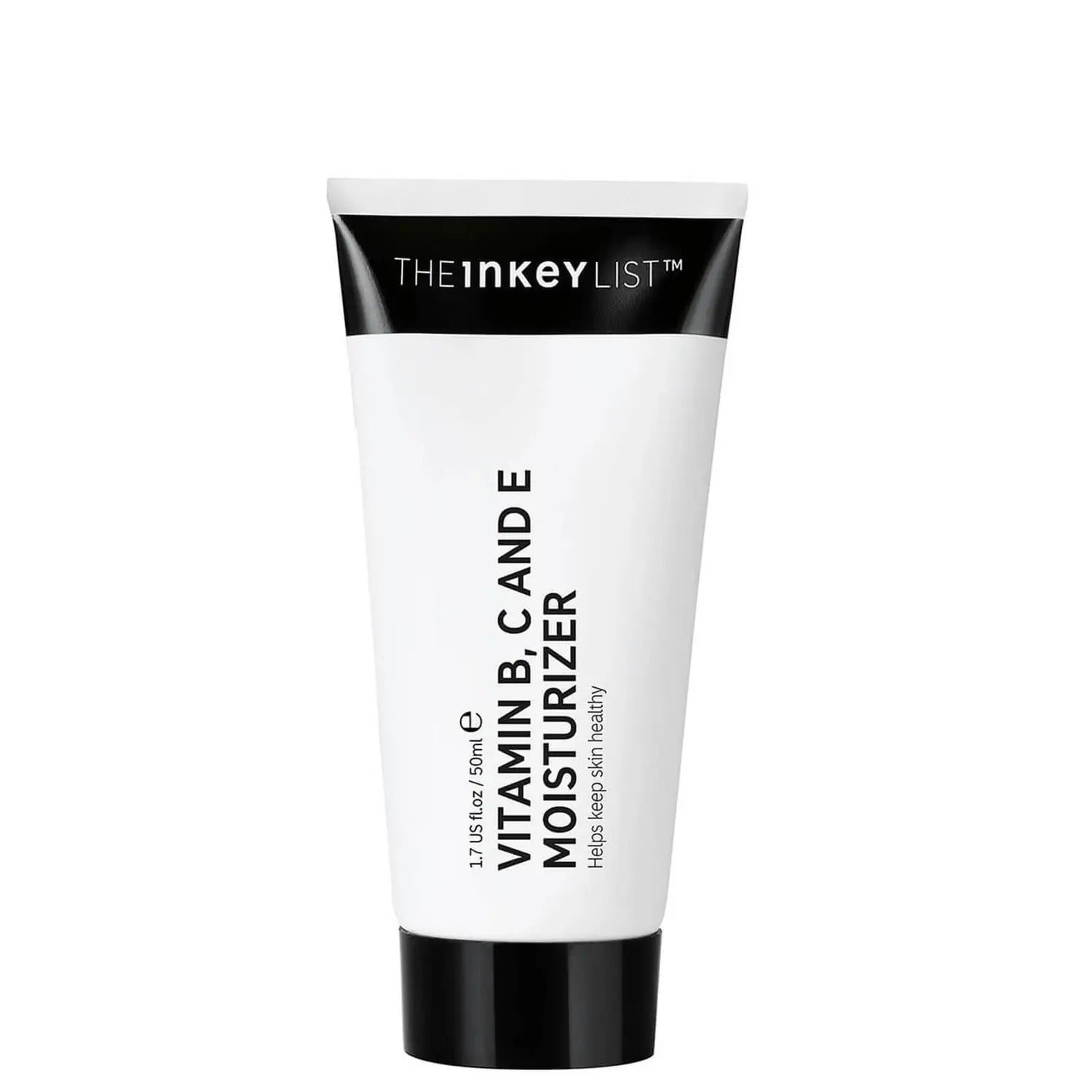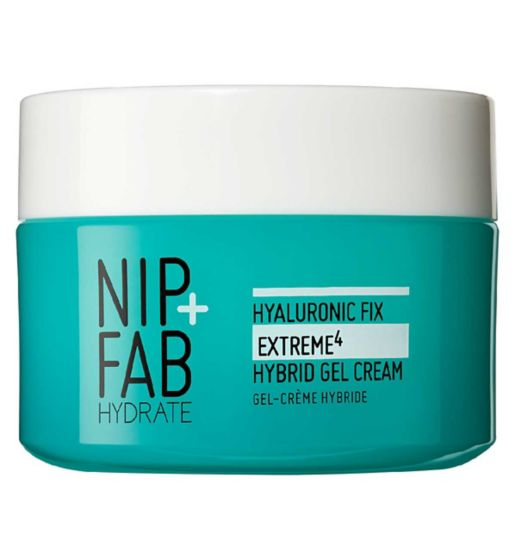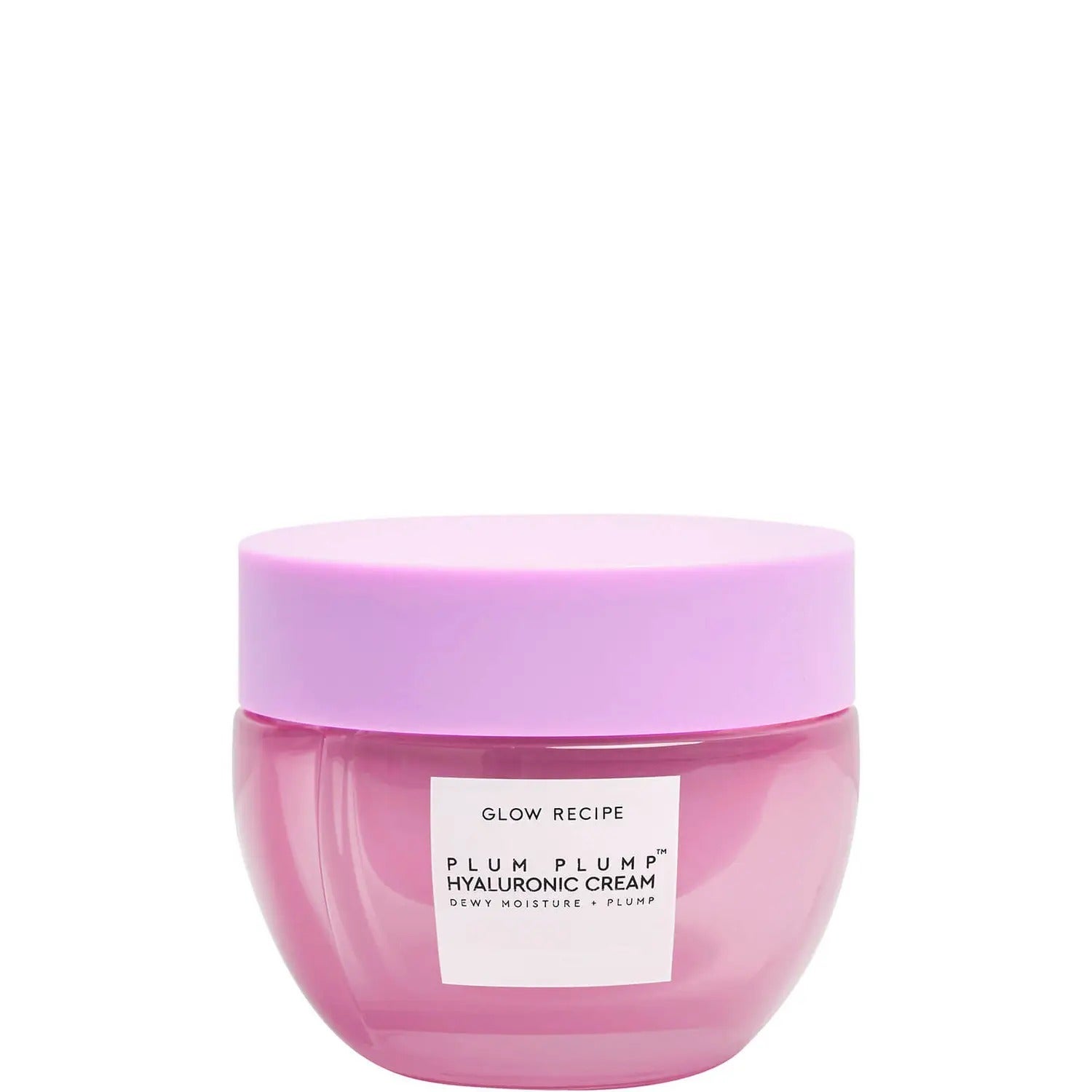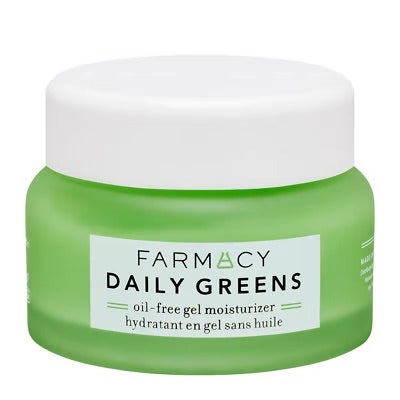How To Tell If The Sun Has Hurt Your Skin Barrier
Photographed by Caroline Tompkins.
It's no secret that the sun can wreak havoc on skin. Although UV rays are invisible to the human eye, sun damage can be quite obvious. Redness, uncomfortable burns, accelerated skin ageing (in the form of dark spots and fine lines), not to mention skin cancer, are just some of the consequences of soaking up the sun.
You might be diligent when it comes to applying SPF and always carry your sunglasses with you (in which case, congrats — you've got it together). But lately it's been difficult to avoid the scorching weather (thanks, heatwave) and it seems the hot spell just won't let up.
AdvertisementADVERTISEMENT
If your skin is drier than it tends to be in the winter months, or it feels super tight after a day outside, you're not the only one. The sun can zap your skin of the hydrating, moisturising ingredients it needs to be healthy and happy but smart skincare can help replenish them. You might already know about the benefits of hyaluronic acid and glycerin, for example, but there are a handful of other ingredients to watch out for, too.
Ahead, Dr Kemi Fabusiwa, medical doctor and Skin Proud consultant (who you might know as Dr Fab on Instagram and TikTok) shares the ingredients to scour labels for when shopping post-heatwave skincare.
Before we go any further, a caveat: you don't need to use all of these skincare ingredients at once. If something sounds like it might be beneficial for your skin type or your skin's needs, here's how to make it work for you.
What are ceramides and what do they do for the skin?
When you think about damage caused by the sun, it's the high intensity radiation that's causing the damage to the skin barrier, said Dr Fabusiwa, and ceramides are part of that barrier. A damaged skin barrier can result in itchiness, dryness, redness, sensitivity and even breakouts.
AdvertisementADVERTISEMENT
"Ceramides are already present in the skin," said Dr Fabusiwa, "and we call them naturally moisturising factors. We really need them to keep our barrier enforced and hydrated." Think of ceramides as the glue between your skin cells, keeping them intact. "Ceramides also hold water in the skin and prevent it from leaving," making them an excellent ingredient post-sun exposure.
You can find ceramides in so many different products, from serums to moisturisers, but Dr Fabusiwa recommends a nice, hydrating moisturiser like Daily Saviour Skin Restoring Cream, £14.95, and suggests using it morning and night. R29 also rates Dr. Jart+ Ceramidin Cream, £31.90, and The Ordinary Natural Moisturizing Factors + HA, £6.80.
Don't forget to apply a broad spectrum, high factor sunscreen in the morning, too.
What is panthenol and what does it do for the skin?
Panthenol — also known as vitamin B5 — isn't an ingredient that brands tend to shout about. Why? Well, it doesn't sound as sexy as others. The ingredient was actually developed to aid in wound healing but beauty brands soon realised that it makes a great addition to any post-sun moisturiser as it quenches skin so well.
"This ingredient prevents the skin from drying out," explained Dr Fabusiwa, "and it also helps to reinforce the skin barrier." It's an antioxidant, too, so it protects skin from environmental factors such as pollution. Happily, the ingredient is well tolerated across the board and works even better with buzzy niacinamide (vitamin B3). When it comes to panthenol, Dr Fabusiwa suggests looking for a leave-on product like a moisturiser or serum rather than something you wash off, like a cleanser.
AdvertisementADVERTISEMENT
Try Saltee Face Daily Protection Formula SPF50, £32, or Hello Sunday The Everyday One Face Moisturiser SPF50, £16, which is a moisturiser and sunscreen in one. Also try Dermalogica Active Moist Moisturiser, £35, which is oil-free (great for breakout-prone skin) and can be used in the morning and the evening.
What is allantoin and what does it do for the skin?
Allantoin is an ingredient that exists quietly in lots of skin-quenching moisturisers — you just need to look out for it. Dr Fabusiwa said it's great at stopping transepidermal water loss, which is when moisture escapes from the skin (common in hot weather), causing it to become dehydrated. Markers of dehydrated skin include dullness and fine lines.
"Allantoin is actually in a lot of medical-grade and prescription skincare products," explains Dr Fabusiwa, "and in clinic we've been using it for a while." It's not exclusive to dermatologists, though. Moisturisers like Frozen Over Gel-To-Ice Hydrator, £16.95 (a gel at room temperature and a sorbet when frozen) as well as Nuxe Moisturising Mattifying Fluid, £26, and Revolution Skincare Moisture SPF30 Cream for Normal/Oily Skin, £10, feature the ingredient and are particularly great for those with oily, breakout-prone skin. If your skin feels tight and as if it might crack (especially after cleansing), it could also be dehydrated. You might like to ditch your foaming cleanser and try Rise and Defend Kombucha Face Wash, £12.95, which also boasts allantoin.
AdvertisementADVERTISEMENT
What is snail mucin and what does it do for the skin?
Snail mucin — excreted from, yes, snails — doesn't exactly sound glamorous (it's a bit of a turn-off, actually) but if Dr Fabusiwa is interested, it must be worth a go. "I just picked up a snail mucin serum from a Korean brand," she told R29, "and though I tend to stick to my hyaluronic acids, there are definitely benefits of snail mucin."
"This is a great barrier-protecting ingredient," explained Dr Fabusiwa, "but it also gives your skin a great shine." If you like your skin to appear dewy, this is one for you. "I would use a serum like this straight after my cleanser and before my moisturiser," said Dr Fabusiwa, "so it's there as additional barrier protection." R29 loves COSRX ADVANCED SNAIL 96 Mucin Power Essence Gel, £24, and Beauty of Joseon Repair Serum: Ginseng + Snail Mucin, £14.
What is vitamin E and what does it do for the skin?
Vitamin E is a highly moisturising and healing skincare ingredient, which is better suited to dry skin types. That's not all, says Dr Fabusiwa. "Vitamin E is a great antioxidant and it works very well alongside things like vitamin C, helping to counteract damage from the sun, as well as pollution." Look out for a vitamin E moisturiser which combines hyaluronic acid for all-round barrier protection, particularly if your skin becomes tight and rough to the touch after sun exposure. Try The Inkey List Vitamin B, C & E Moisturiser, £5.99, or The Body Shop Vitamin E Moisture Cream, £16.
AdvertisementADVERTISEMENT
What is polyglutamic acid and what does it do for the skin?
Polyglutamic acid and hyaluronic acid are a great pairing, said Dr Fabusiwa, as both draw moisture into the skin. Properly moisturised skin = plump and glowing. The difference between the two is that polyglutamic acid forms a film on the skin and stops that much-needed moisture evaporating. So not only does it bring the moisture, it keeps it there, too. If your skin is particularly tight, uncomfortable and dry after spending time in the sun, try Nip+Fab Hyaluronic Fix Extreme4 2% Hydration Hybrid Gel Cream, £24.95, Glow Recipe Plum Plump Hyaluronic Cream, £35, or Farmacy Beauty DAILY GREENS Oil-Free Gel Moisturizer, £36, which combine hyaluronic and polyglutamic acid.
Overall, if you're spending any amount of time in the sun, teaming your skincare with a broad spectrum, high factor sunscreen is a must to protect your skin against damaging UV rays.
Refinery29's selection is purely editorial and independently chosen – we only feature items we love! As part of our business model we do work with affiliates; if you directly purchase something from a link on this article, we may earn a small amount of commission. Transparency is important to us at Refinery29, if you have any questions please reach out to us.
AdvertisementADVERTISEMENT







